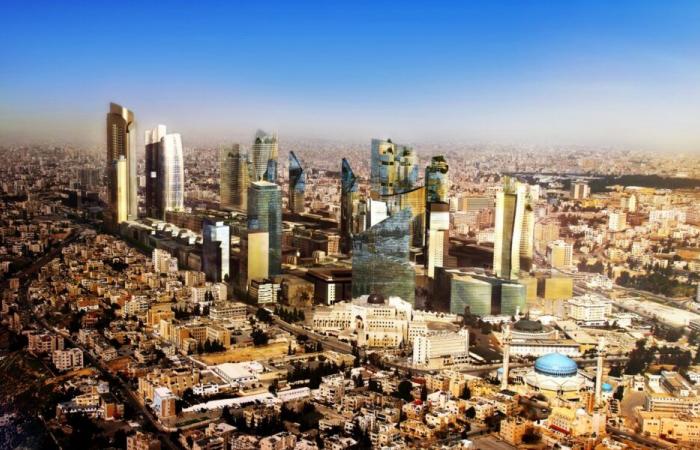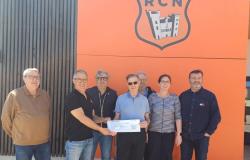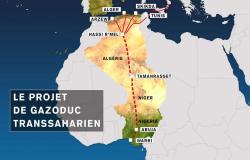The experience and achievements of the Digital Development Agency (ADD) in the field of digital transformation in Morocco were highlighted on Wednesday in Amman, on the sidelines of the regional congress entitled “to an Arab region digitally accessible – information and communication technologies for all 2025”.
Intervening during this meeting organized over two days by the Jordanian Authority for Telecommunications Regulatory (ART), in partnership with the United Nations Economic and Social Commission for Western Asia (CESAO) and the International Telecommunications Union (ITU), the head of the universal digital access service within the ADD, Safaa El Alaoui, stressed that the roadmap Concretize the national digital development strategy, to promote the dissemination of digital tools and to promote their appropriation by all citizens.
She added that this roadmap revolves around several axes, in particular the digital transformation of the Moroccan administration in order to offer quality public services, the rapprochement of user administration, interoperability and integration of services and the acceleration of the development of the digital economy in Morocco.
Ms. El Alaoui also highlighted Morocco’s desire to consolidate its digital and technological hub position in Africa, while ensuring to reduce the digital divide and improve the quality of life of citizens, in particular vulnerable categories, thanks to the use of information technologies.
In this regard, she recalled that the Kingdom adopted, in September 2024, the national strategy “Morocco Digital 2030”, launched by the Ministry of Digital Transition and the Reformation of the Administration, which intends to infuse a strong dynamic in the digital economy, by promoting the production of national technological solutions, the creation of value and jobs, while accelerating the digitization of public services for the benefit of citizens and companies (E-GOV).
Regarding the flagship initiatives of the ADD, Ms. El Alaoui cited the data exchange platform between the administrations, designed to simplify the access of users to public services and optimize the internal performance of administrations via the complete dematerialization of their exchanges.
She also mentioned the “Digital Lab”, which is piloting several projects thanks to multidisciplinary teams dedicated to the rapid digitization of public services and the support of administrations in their digital transition.
As such, Ms. El Alaoui mentioned the “Dar Al Mouwatin” project (proximity center) intended to provide, in a single window, essential electronic services, thus facilitating access to citizens, in particular the most vulnerable, to dematerialized public services.
In the same spirit, she cast the light on “Academia Raqmya”, a platform aimed at, through the “Digital Acculturation Course” program, to familiarize learners with information technologies, to develop their digital skills and to initiate them to the last trends in the sector.
On the other hand, the manager said that the ADD launched a partnership project with CESAO in order to set up a national roadmap for digital accessibility, with a view to achieving proposals for guiding principles and technical guidelines likely to facilitate the adoption of digital accessibility in electronic platforms and services.
This project, she continued, aims to support public institutions and bodies to work in favor of the adoption of technical accessibility technical standards in the design and development of inclusive digital services and aims to promote the establishment of a unified referential framework in order to facilitate access to digital services to vulnerable categories, in particular people with disabilities digital inclusion.
The regional congress “to an Arab region digitally accessible – information and communication technologies for all 2025”, brought together a host of experts and decision -makers, to exchange around the future of digital inclusion in the Arab region.
It thus made it possible to shed light on the importance of digital access as an empowerment tool for all, especially for people with disabilities and the elderly, the promotion of innovation, the sharing of expertise and the exploration of cooperation prospects for the building of a more equitable digital society.
Likewise, this event was an opportunity to review the potential of emerging technologies, in particular artificial intelligence (AI), in the promotion of digital inclusion in the Arab region, while offering innovative solutions to identify the obstacles facing marginalized and disadvantaged communities.
Emphasis has also been placed on the means to strengthen cooperation, with a view to taking advantage of AI -based technologies and reducing the digital gap.








